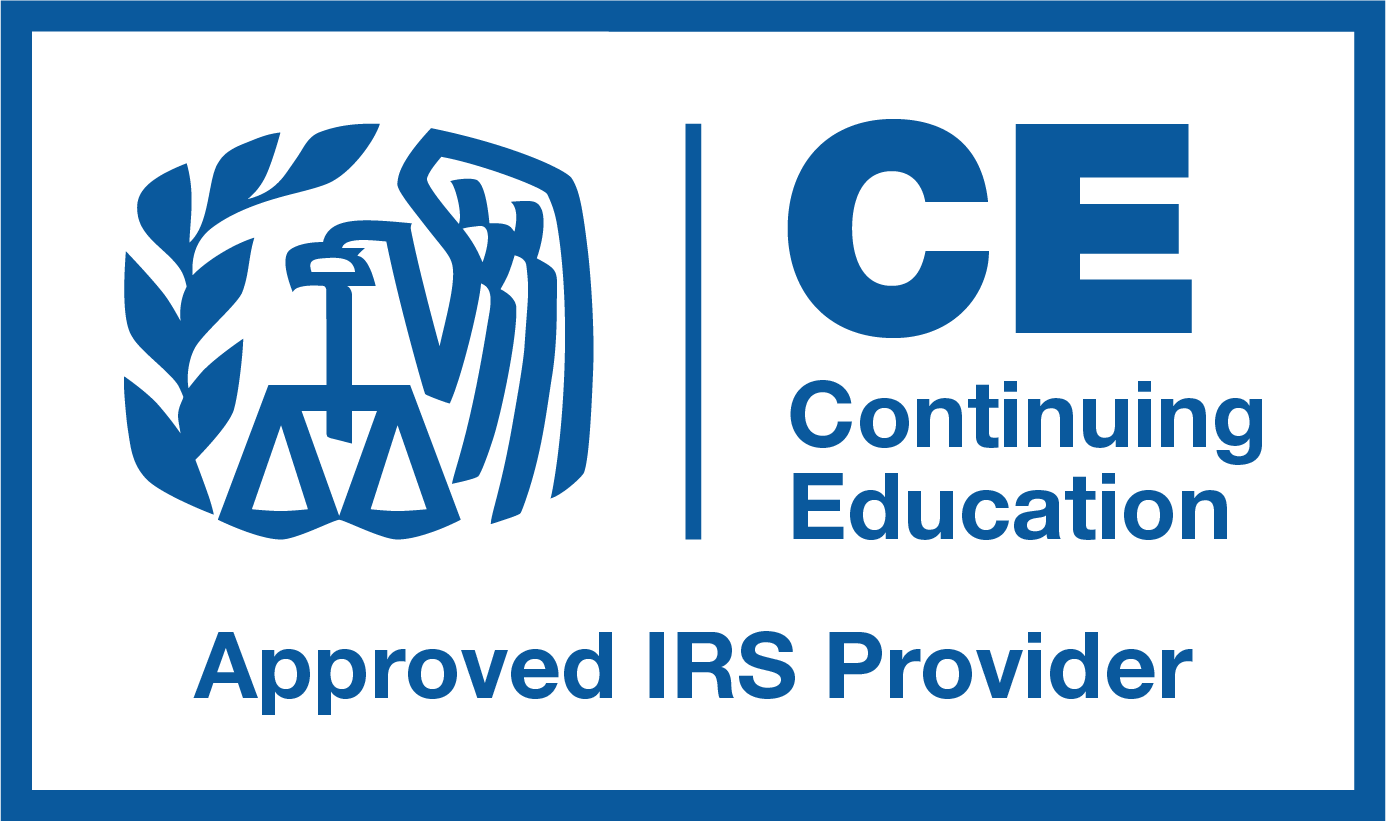Know the Rules for Business Owners 1099s in 2018
Over the past few years there have been a number of changes and updates regarding the reporting rules for the mysterious 1099-Misc Forms. Some business owners simply guess as to what the rules are and oftentimes get exasperated and just give up choosing to file nothing at all. This can be a dangerous result as the penalties can add up quickly.
First, keep in mind that the “general rule” is that business owners must issue a Form 1099-MISC to each person to whom you have paid at least $600 in rents, services (including parts and materials), prizes and awards, or other income payments. You don’t need to issue 1099s for payment made for personal purposes. You are required to issue 1099 MISC reports only for payments you made in the course of your trade or business.
The penalties for not doing so can vary from $30 to $100 per form, depending on how long past the deadline the company issues the form. If a business intentionally disregards the requirement to provide a correct payee statement, it is subject to a minimum penalty of $250 per statement, with no maximum. Bottom line, the penalties can add up!!
Here are the basics you should know.
- Who are you required to send a Form 1099? You are required to send Form 1099 to vendors or sub-contractors during the normal course of business you paid more than $600, and that includes any individual, partnership, Limited Liability Company (LLC), Limited Partnership (LP), or Estate.
- Who are considered Vendors or Sub-Contractors? Essentially, this is a person or company you have paid for services that isn’t your employee.
- What are the exceptions? The list is fairly lengthy, but the most common is that you don’t need to send a 1099 to:
- Vendors operating as S or C-Corporations (you’ll find their status out when you get a W-9…see below)
- LLCs or partnerships (ONLY if they are taxed as an S or C-Corp…again see the W-9 below)
- Sellers of merchandise, freight, storage or similar items.
- Payments of rent to or through real estate agents (typically property managers). However, keep in mind you need to issue a 1099 to a landlord you are paying rent, unless they meet another exception.
- Don’t worry about credit card payments and Paypal. The IRS allows taxpayers to exclude from Form 1099-MISC any payments you made by credit card, debit card, gift card, or third-party payment network such as PayPal. (These payments are being reported by the card issuers and third-party payment networks on Form 1099-K.)
- Lawyers get the short end of the stick. Ironically, the government doesn’t trust that lawyers will report all of their income, so even if your lawyer is ‘incorporated’, you are still required to send them a Form 1099 if you paid them more than $600.
- The W-9 is your “best friend”. Some of you may be frustrated that you don’t have the information you NEED to issue the 1099. One of the smartest procedures a business owner can implement is to request a W-9 from any vendor you expect to pay more than $600 before you pay them. Using this as a normal business practice will give you the vendor’s mailing information, Tax ID number, and also require them to indicate if they are a corporation or not (saving you the headache of sending them a 1099 next year). You can download a W-9 here.
- The procedure. Regrettably, you CANNOT simply go to www.irs.gov and download a bunch of 1099 Forms and send them out to your vendors before the deadline. The form is “pre-printed” in triplicate by the IRS. Thus, you have to order the Forms from the IRS, pick them up at an IRS service center, or hopefully grab them while supplies last from the post office or some other outlet.
- Deadline to Payees. Taxpayers are required to issue and mail out all Form 1099s to vendors by January 31st. (Wish you would have kept better records when paying folks during 2017?)
- Deadline to IRS. Next, don’t forget you have to compile all of your 1099s and submit them to the IRS with a 1096 by January 31st as well (NOT the end of February- the old rule). Also, depending on state law, you may also have to file the 1099-MISC with the state. Sounds like fun…right? (This is where delegating the task to your accountant may come in helpful).
- Do I need to file Electronically? IF you have more 250 forms to file, you MUST file electronically. If you are required and fail to do so, and you do not have an approved waiver, you may be subject to a penalty of up to $100 per return for failure to file electronically unless you establish reasonable cause. However, you can file up to 250 returns on paper; those returns will not be subject to a penalty for failure to file electronically.
- What about foreign workers? Also, if you hire a non-U.S. citizen who performs any work inside the United States, you would need to file the 1099. It is your responsibility to verify that the worker (1) is indeed a non-U.S. citizen, and (2) performed all work inside or outside the United States. For that purpose, in the future you might want to have that foreign worker fill out, sign and return to you Form W-8BEN.
- Procedures for 2018. Moving forward this year, make sure to get a Form W-9 from all your vendors before they can get paid. This will save you a lot of headaches next January so you don’t have to track down their mailing addresses or EINs.
Don’t ignore the 1099 or the process and get with your CPA to make sure to finish up the process before the end of January. This could save you major penalties if you get caught not filing the Forms and you can show reasonable cause for your delays. Most accountants have an affordable procedure to assist in the filing and can be a huge resource. Be careful trusting websites to save just a few dollars. It can cost you big time if you miss even a small rule or procedure.
Written By:
Mark J. Kohler is a CPA, Attorney, Radio Show host and author of the new book “The Business Owner’s Guide to Financial Freedom- What Wall Street Isn’t Telling You”, and “The Tax and Legal Playbook- Game Changing Solutions For Your Small Business Questions”. He is also a partner at the law firm Kyler Kohler Ostermiller & Sorensen, LLP and the accounting firm K&E CPAs, LLP. For more information visit him at www.markjkohler.com.








